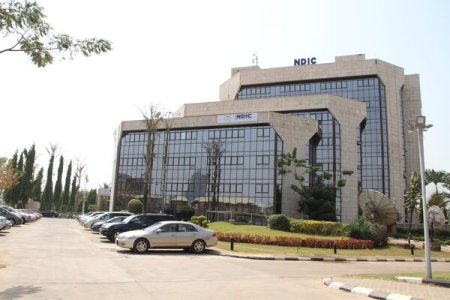
In a worrying development, the scarcity of Naira notes in Nigeria has persisted and intensified, presenting a significant challenge despite the Central Bank's efforts to ease the cash crunch.
According to recent investigations by Financial Vanguard, banks across the country are still grappling with limited cash availability, resulting in the rationing of withdrawals in both banking halls and ATMs.
Despite the Central Bank's recent move to suspend charges for cash withdrawals above regulatory limits, customers are now facing withdrawal caps ranging from as low as N5,000 to a maximum of N40,000.
This has led to heightened frustration among citizens who are now dealing with prolonged queues and inadequate access to their funds. The scarcity has also triggered an unexpected surge in transaction fees by Point of Sale (PoS) operators, who have increased charges by over 100%.
The scarcity's disruptive impact extends to business transactions, particularly in the distributive trade and the informal sector, posing potential threats to the stability of Nigeria's economy.
As the situation continues to unfold, questions linger about the root causes of the crisis, the responses of banking institutions, and the broader implications for the nation's economic landscape.


![Today's Naira Rate [02-05-2024]: Economic Concerns Heighten as Naira Weakens Further Against Dollar at ₦1402/$1](/data/attachments/203/203550-8457c57119a478bc5717b11aa4a694ef.jpg)

